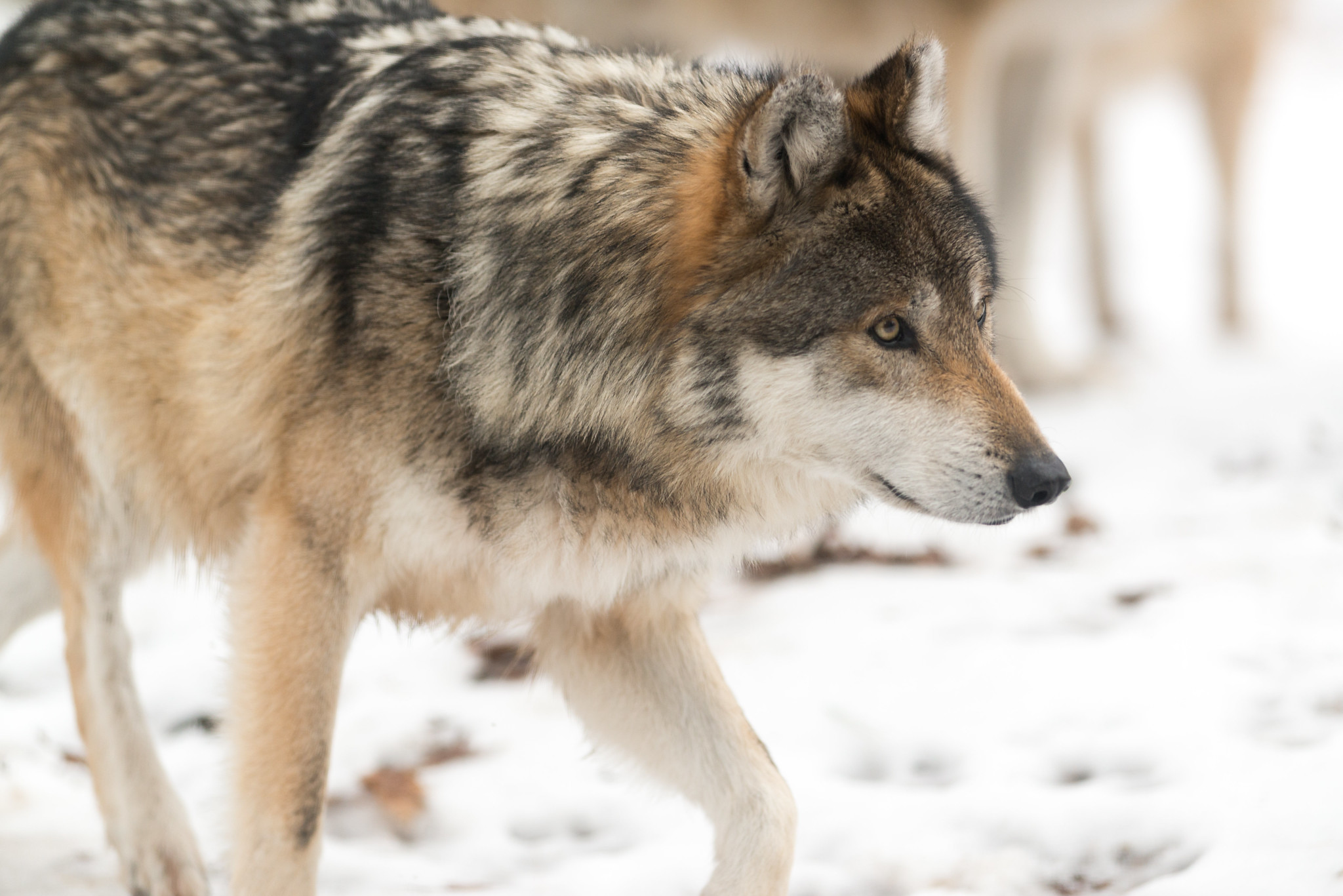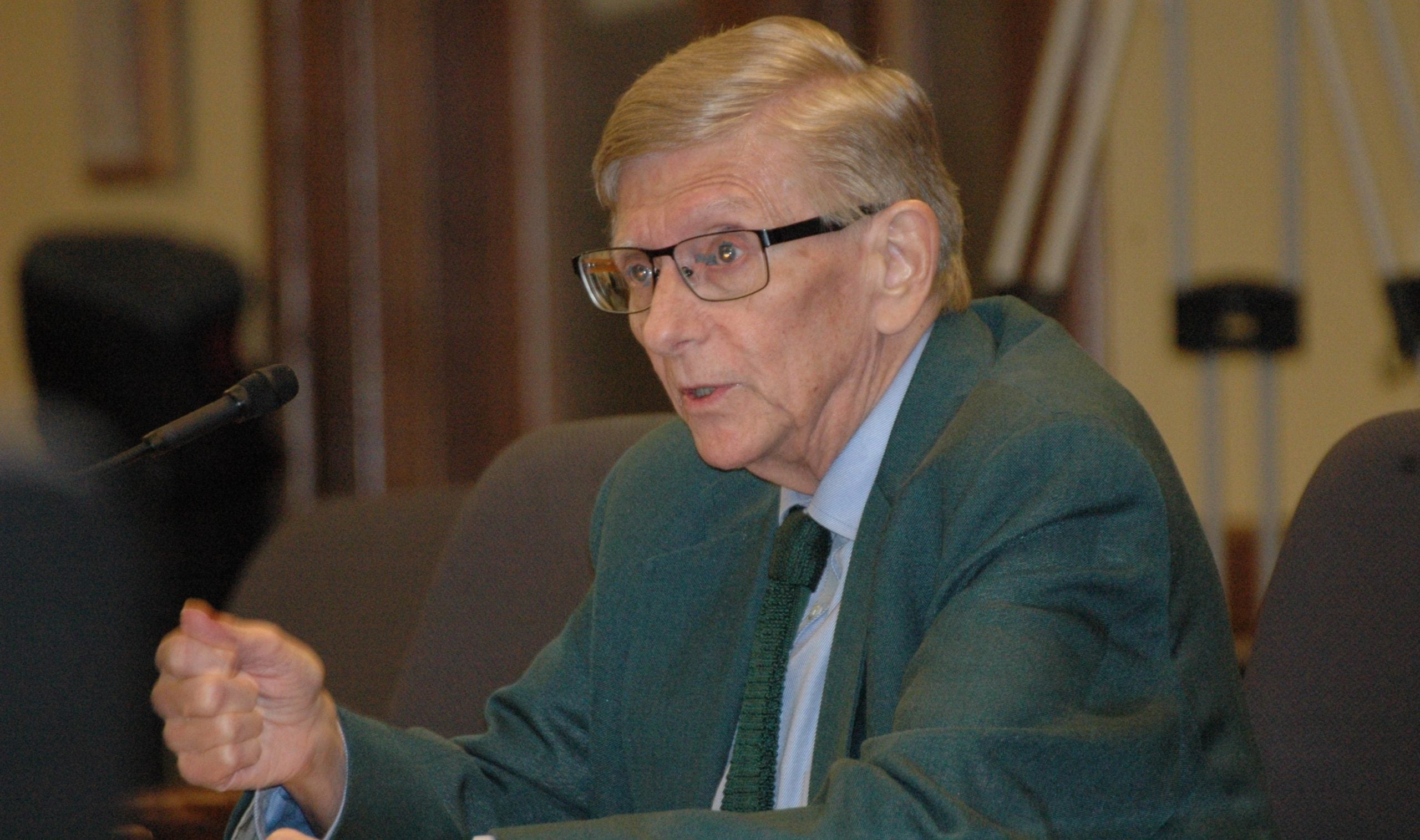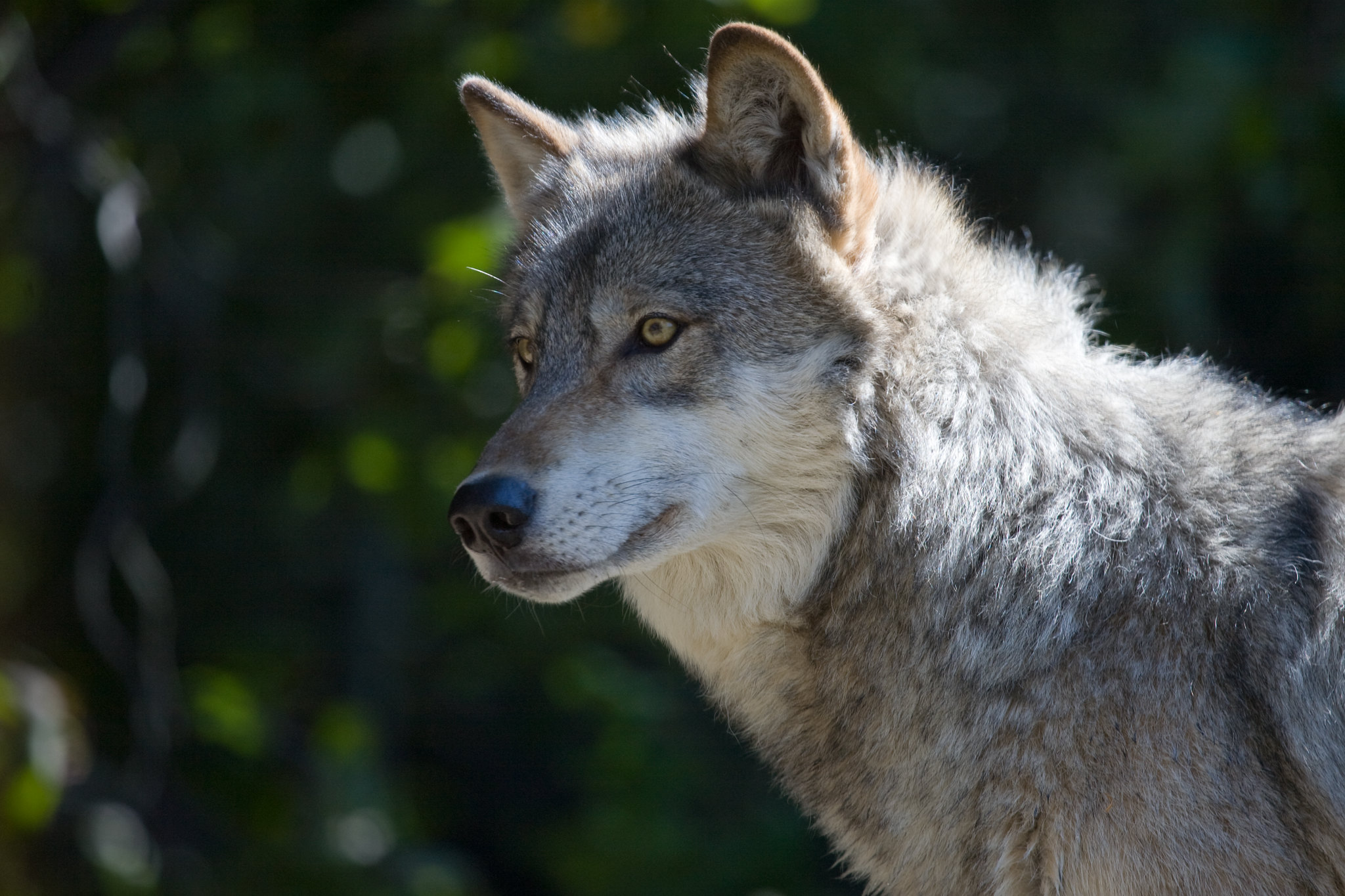For the first time since state sponsored bounties drove wolves to the point of extinction more than a generation ago, Wisconsin begins its first wolf hunting season Monday.But Great Lakes area tribes are upset.
Rusty Barber says wolves are their brothers. The Lac Courte Oreilles tribal council member believes wolves and the Anishinaabe people lead parallel lives.That includes forcing wolves off their own land and government-sponsored genocide, “That happened to the Anishinaabe and that also happened to our brother the wolf. When you have a hunt like this wolf hunt that’s going to happen here, things are going to happen within these packs. There’s no determining who is the alpha male or the leader of that pack.”
Barber says without the leader, the pack could perish. He says the difference between tribes and non-native people is also hunting for harvesting versus hunting for fun, “Not just for the thrill of putting a hide on the wall or a head with the antlers on it, you know, something to brag about. But we hunt for food and the necessity of sustenance to live.”
News with a little more humanity
WPR’s “Wisconsin Today” newsletter keeps you connected to the state you love without feeling overwhelmed. No paywall. No agenda. No corporate filter.
Great Lakes Indian Fish and Wildlife Director Jim Zorn says the wolf population isn’t large enough to sustain a hunting season, “From the tribal perspective, the proof is in the pudding, that there’s still a level of hunt that’s taking place that’s unacceptable to the tribes. To that extent I’m not sure the tribes feel their views are fully respected or taken into account.”
The state has agreed to keep the wolf hunt off tribal land, but they will be able to kill wolves in the surrounding ceded territory. Department of Natural Resources Land Division Administrator Kurt Thiede says the state must have responsible wolf population management, “We continue to respect that there’s a cultural significance that the wolf holds for Native American peoples, so we’re hoping to move forward in a respectful, meaningful way.”
The Wisconsin wolf season runs until the end of February.
Wisconsin Public Radio, © Copyright 2026, Board of Regents of the University of Wisconsin System and Wisconsin Educational Communications Board.



